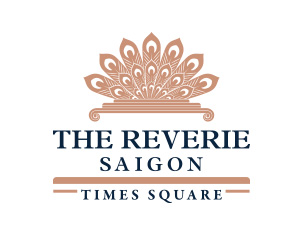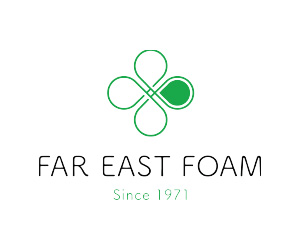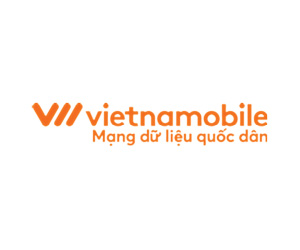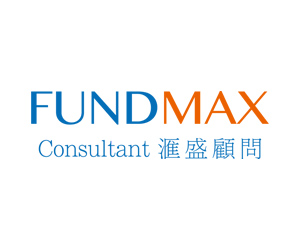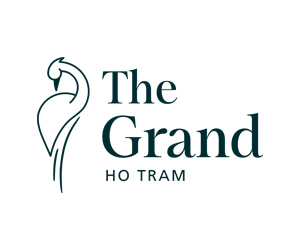Want to be in the loop?
subscribe to
our notification
Business News
VIETNAM CUSTOMS ADVANCING THREE PILLARS TOWARD SMART CUSTOMS BY 2030
Vietnam Customs aims to modernize its three core pillars including institutions, instruments and personnel to achieve smart customs by 2030.
Procedures need to be simple and harmonious
As per the Customs Reform and Modernization Board under the General Department of Vietnam Customs, the customs sector has embarked on a significant institutional reform. This includes simplifying and harmonizing customs procedures in accordance with the World Customs Organization (WCO) standards. This foundational shift paves the way for the redesign of customs procedures, inspection, and supervision, thereby meeting the prerequisites for the implementation of digital and smart customs models.
The focus is on constructing and refining a modern, synchronous, unified, and transparent legal system for customs that aligns with international commitments. This includes drafting a new Customs Law to replace the existing one, ensuring a comprehensive legal basis for the exercise of state management of customs. Concurrently, efforts are being made to build digital customs, smart customs, smart border, and green customs models, and to apply chain-based and identifier-based management methods uniformly.
The customs sector is also enhancing its customs management mechanisms, tailoring them to each subject, and encouraging customs declarants to comply with the law. There is a concerted effort to improve the effectiveness and efficiency of preventing and combating smuggling, trade fraud, and illegal transportation of goods across borders. This includes strengthening coordination with international and domestic organizations in customs control.
A key focus area is the application of information technology and modern technologies to state management of customs. This includes connecting and exchanging information with authorities, organizations, individuals, and businesses engaged in import and export activities.
Furthermore, customs agencies are continuously reviewing and proposing amendments to regulations on specialized management and inspection. This is aimed at reforming quality inspection and food safety inspection models for imported and exported goods.
New technological application
The customs industry is leveraging digital data to lay a robust foundation for the implementation of digital and smart customs. This initiative aims to provide high-quality, valuable data for online public services, ensure seamless data sharing between customs agencies and authorities, and offer open regulatory data. The goal is to foster the development of a digital ecosystem and advance digital customs.
In the face of ongoing and future modernization, the customs sector is poised to harness the power of Industry 4.0 technologies. These include the Internet of Things (IoT), blockchain, Artificial Intelligence (AI), big data, Business Intelligence (BI), cloud computing, and mobility.
The sector is committed to constructing a highly integrated, scalable information technology system that not only satisfies all security requirements but also possesses the capacity for expansion. This system will support the application of information technology across all professional operations within customs agencies.
Human resource development
At present, Vietnam Customs is concentrating its efforts on cultivating a competent workforce that is to implement contemporary customs management models.
The organization is committed to establishing and implementing a transparent recruitment mechanism that offers competitive remuneration, thereby attracting skilled personnel. Furthermore, it is developing a capacity-based human resource management model that is predicated on job positions and human resource development policies. This model will facilitate the centralized management of smart customs.
Vietnam Customs is also prioritizing the construction of an electronic human resource management system to fully automate human resource management procedures. It is investing in the development of modern facilities and the adoption of regional standard training management methods.
The organization is also focused on nurturing a team of lecturers with extensive expertise and knowledge in customs, as well as WCO-certified specialists who can participate in international training. This is part of its broader strategy to strengthen customs integrity. Lastly, Vietnam Customs recognizes the importance of cooperation and coordination in executing customs programs and solutions. It acknowledges the need for support from the WCO and customs authorities in developed countries to achieve its objectives.
Source: VCCI
Related News

CAR IMPORTS INCREASE 37.5 PER CENT IN 10 MONTHS
Việt Nam mainly imported cars from Indonesia, with 57,963 units imported so far this year (19,569 units higher than over the same period last year). Imports also came from Thailand, with 54,481 units (7,535 units higher than last year) and China, with 24,613 units (16,112 more than last year).
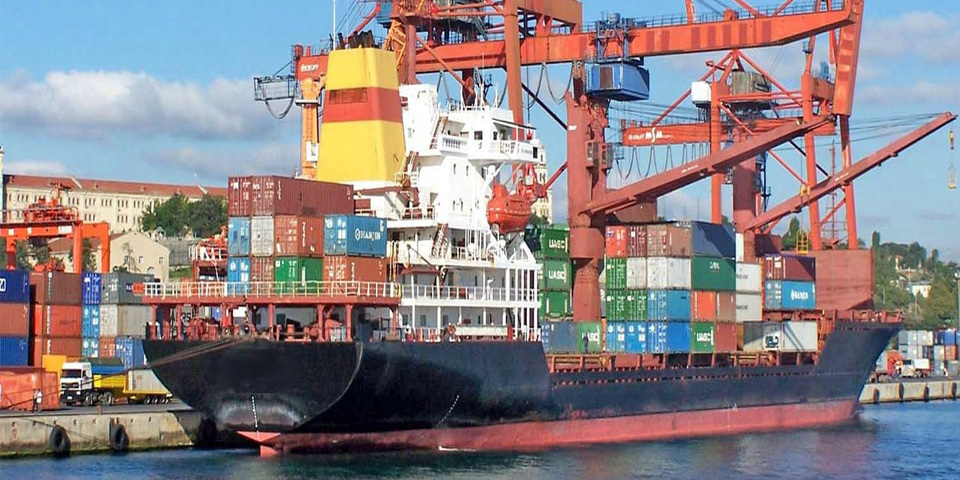
HAIPHONG TARGETS US$4 BILLION IN FDI FOR 2024
Haiphong recently approved 12 new projects in its economic and industrial zones, valued at a combined US$1.8 billion. This brings the total FDI in these zones to US$3.5 billion as of November, surpassing the city’s annual target by 40%.

FOREIGN INVESTORS FLOCKING TO SOUTHERN REGION
Foreign investors are actively calling on southern localities in the final months of 2024 to explore investment opportunities. On November 7, over 40 German businesses arrived in the southern province of Dong Nai to evaluate investment prospects in the area.

IMPROVING THE EFFECTIVENESS OF SOCIAL POLICY CREDIT
Following a decade of implementation, social policy credit is expected to enter a new phase of development to achieve higher efficiency for the sake of society and the community. On behalf of the Party Central Secretariat, on October 30, Standing Member of the Party Secretariat Tran Cam Tu signed a directive to improve the efficiency of social policy credit.
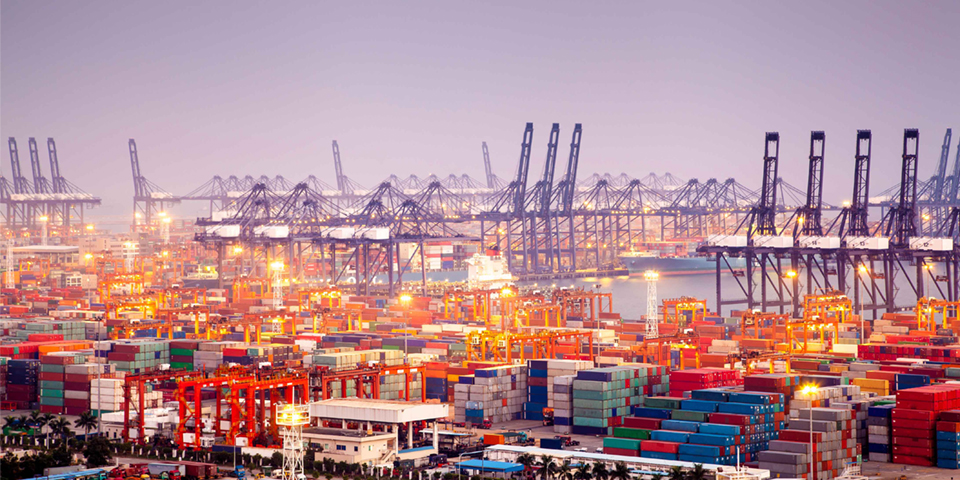
VIETNAMESE ENTERPRISES GRAPPLE WITH CHALLENGES IN Q3
In many sectors, businesses acknowledged that simply breaking even was an accomplishment this year. A prominent example is Nam Sông Hậu Trading Investment Petroleum JSC, once a leading fuel distributor in the Mekong Delta.

GLOBAL SOURCING FAIR VIETNAM 2025
Global Sourcing Fair Vietnam 2025, held from 24-26 April at the Saigon Exhibition & Convention Center (SECC), Ho Chi Minh City, is the must-attend international expo for sourcing Fashion & Accessories and Home & Gifts



